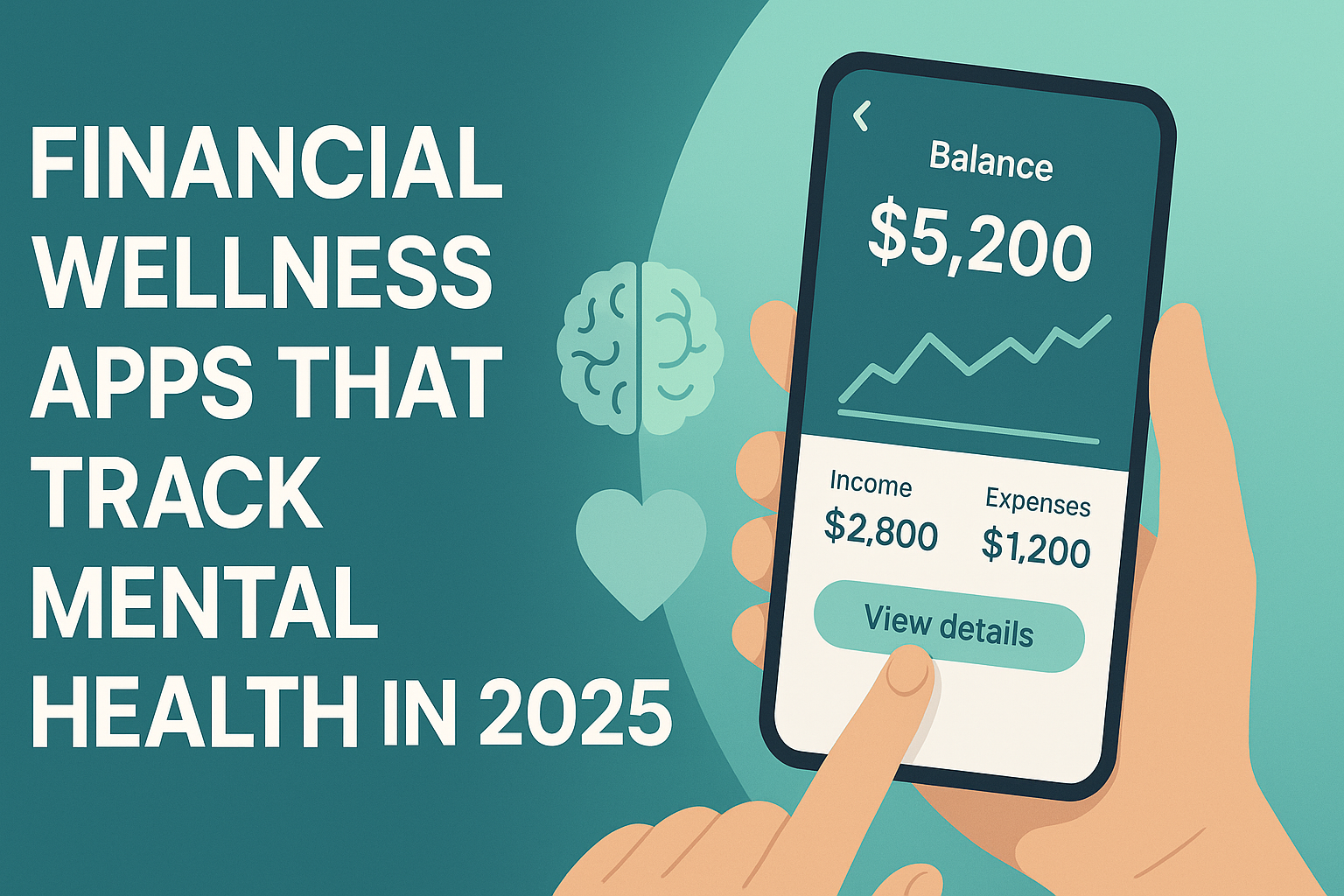From automating compliance to detecting fraud in real time, artificial intelligence is transforming the backbone of finance.
While headlines often focus on AI’s role in robotics or creative tools, its deepest and most disruptive impact might be unfolding in fintech — quietly reshaping how money moves, how security is enforced, and how financial institutions serve their clients.
We’re entering a new phase where artificial intelligence is not just an add-on in finance — it’s becoming the central nervous system of back-end workflows, cybersecurity, customer experience, and regulatory compliance. Let’s explore how this shift is creating both challenges and powerful opportunities.
Background & Context: Fintech’s Growing Reliance on Intelligent Systems
For decades, the financial sector was infamous for slow, paper-heavy processes and rigid infrastructure. That’s no longer sustainable. Enter AI-driven automation: an intelligent layer that’s speeding up back-office operations, flagging suspicious behavior, and even tailoring financial advice with pinpoint accuracy.
According to a recent report from McKinsey, financial firms that adopt AI across key workflows can reduce operational costs by up to 30%, while also improving accuracy and compliance.
From lean startups to multinational banks, fintech players are now competing on how intelligently they automate, rather than how big their headcount is.
Deep-Dive Analysis
Workflow Automation: Where Fintech Is Winning
At its core, fintech is a data business. AI unlocks value by processing massive data streams faster and smarter than any human team ever could. Here’s how that plays out:
- Data Entry & Reconciliation: AI bots ingest financial statements, invoices, and contracts, automatically organizing and cross-verifying figures — a task that previously consumed thousands of staff hours.
- Report Generation: Regulatory and compliance reports — often hundreds of pages long — can now be generated and updated in real time by AI algorithms trained on evolving standards.
- Customer Support: AI-powered chatbots can resolve most Tier 1 support requests instantly, improving customer experience while cutting support costs.
In a 2025 case study by Accenture, one mid-sized neobank reduced its account onboarding time by 70% using an AI-powered verification engine. That’s not just efficiency — that’s a competitive edge.
Compliance & Security: The Invisible Armor of AI
Cybersecurity and regulatory compliance are two of fintech’s highest-stakes arenas. AI is proving to be a game-changer in both:
- Real-Time Threat Detection: Machine learning models can detect abnormal transaction patterns and flag potential fraud in milliseconds — long before human eyes would notice.
- Dynamic KYC/AML Monitoring: Know Your Customer (KYC) and Anti-Money Laundering (AML) tasks are being automated by AI systems that scan global databases, social media, and internal transaction records to vet users continuously, not just during onboarding.
- Regulatory Intelligence Engines: AI can now track global regulatory updates and automatically flag policy conflicts, helping compliance teams stay proactive.
Firms like Mastercard and PayPal are already using advanced AI to monitor billions of transactions per day — not just for fraud, but also for evolving compliance risks.

Personalized Finance: Smarter, Simpler Decisions for Consumers
AI isn’t just powering institutions — it’s showing up in your pocket, too.
Apps like Cleo, Copilot, and Wealthfront are using AI to track spending habits, suggest budgeting tweaks, and even propose investment moves tailored to your financial behavior.
This isn’t generic advice — it’s hyper-personalized financial coaching, offered at scale. The result? Consumers can make smarter decisions without hiring a human advisor.
Even established institutions like JPMorgan Chase are rolling out AI-powered personal banking experiences, allowing customers to chat with virtual assistants that understand context, goals, and risk tolerance.
Risk Management and Predictive Insights
In volatile markets, real-time risk modeling is essential. AI now enables fintech firms to:
- Anticipate Market Shocks: Using natural language processing (NLP), models can scan global news and economic indicators to predict risk events before they hit markets.
- Stress-Test Portfolios Dynamically: AI models simulate thousands of future market conditions, testing how portfolios would perform — a leap forward from static historical models.
- Optimize Capital Allocation: AI advises portfolio managers where to deploy capital most effectively, based on live macroeconomic and behavioral data.
Actionable Takeaways & Key Insights
If you’re a fintech founder, investor, or everyday user, here are ways you can engage with — and benefit from — the AI shift:
- Adopt AI for Scalability: Whether it’s fraud prevention or onboarding workflows, start integrating machine learning tools to lower overhead and scale without bloating headcount.
- Vet Vendors Carefully: Not all “AI-powered” fintech tools are created equal. Look for platforms with transparent algorithms and proven compliance backing.
- Stay Ahead of Regulation: AI-driven compliance tools help businesses avoid fines — but they also need to be monitored. Don’t assume AI equals legal immunity.
- Embrace AI as a Financial Ally: For consumers, try AI-powered budgeting apps or robo-advisors. They’re not a replacement for human advisors yet — but they’re getting better every month.
- Educate Your Team: As AI becomes a core operational asset, your finance and IT teams need to understand how to supervise, fine-tune, and trust these systems — without blindly relying on them.
Conclusion & Call to Action
Artificial intelligence is no longer a futuristic dream in fintech — it’s the engine behind the next evolution of financial services. From fraud prevention and customer engagement to compliance and market insights, AI is delivering real, measurable improvements for businesses and consumers alike.
But here’s the key: human oversight still matters. The most powerful AI tools are the ones that empower people — not replace them. As we move into this new AI-finance era, success will depend on blending technological muscle with thoughtful governance and user trust.
Stay tuned to The Evolving Post for more smart, actionable updates that impact your money and your future — because understanding the system is the first step to changing your financial story.
While this analysis is based on thorough research, it is for informational and educational purposes only and should not be considered financial advice.








